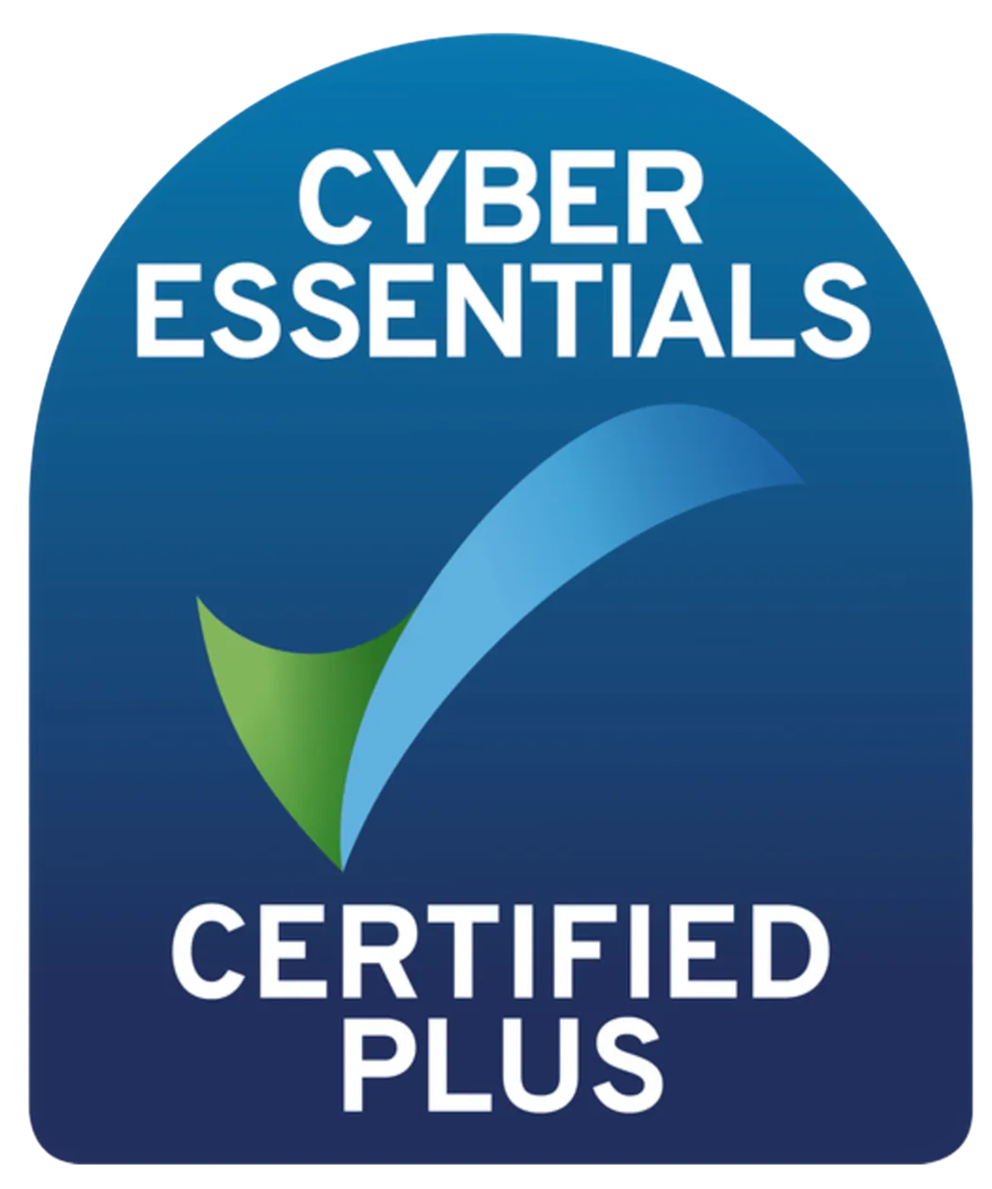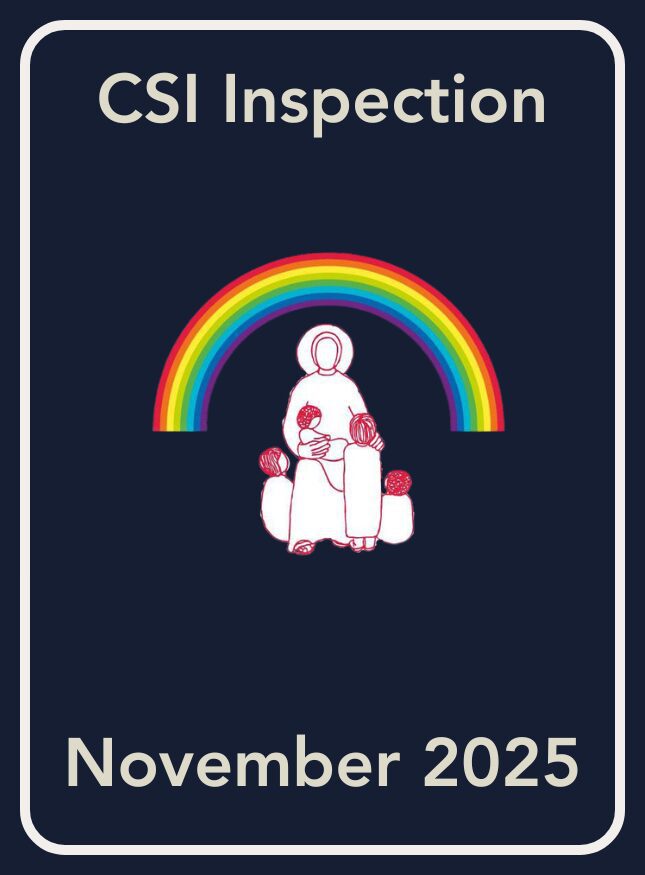Click on the sections below to explore and learn more about the EYFS curriculum at Sacred Heart.
- Mrs Hartley– EYFS Leader and Reception teacher
- Mrs Rowlandson– Reception Teaching Assistant
- Mrs Price– Deputy Headteacher, SENCO and Nursery teacher (Monday to Wednesday)
- Mrs Copple– Nursery teacher (Wednesday to Friday)
- Miss Hibbert– Nursery Teaching Assistant
Welcome to our wonderful EYFS unit.
Our youngest children are immersed in a rich and engaging curriculum which is designed to expand their horizons, develop a sense of wonder at the world around them, and to create intrinsically motivated learners who develop a life-long love of exploration and learning. We work towards the Early Years Foundation Stage (EYFS) Early Learning Goals (DfE) and teach reading and writing through the accredited Little Wandle phonics scheme.
Our children access a range of activities, learning environments (both indoor and outdoor) and teacher-led sessions, which cover all the EYFS areas of learning, every day.
Our children develop a strong sense of independence and sense of self through opportunities to work together, and undertake challenges and responsibilities within the classroom. We celebrate each child’s achievements and reflect on our learning with pride.
We recognise parents and carers as the experts in their children, and value your role as primary educators. With this in mind, we strive to develop strong working relationships with all our families, working together to achieve the very best for each child.
We want every child, and their parents and carers, to have an excellent experience of starting school. We have a carefully designed transition programme to support your child in settling in to their new class. Our staff build excellent relationships with the children, ensuring they feel loved, safe and secure, and feel supported to try new activities and challenges. We communicate regularly with parents via dojo and face to face at drop off and collection times. We also welcome parents and carers in to school regularly for a variety of events and activities throughout the year.
We look forward to getting to know your child and working with you to enable them to reach their full potential in every aspect of their development.
Mrs Hartley
Early Years Leader
Holidays
Please inform us in writing of any term-time holidays. Please note that fees will still be payable for Nursery children.
The EYFS School Day
Doors Open at 8.40am
- Nursery (full time) and Reception 8.40am – 3.15pm
- Nursery (part time) – 8.40- 12.10pm
- Lunchtime Nursery 11.30 – 1pm
- Lunchtime Reception 11.45- 1pm
School Uniform
Children are required to wear school uniform and be properly equipped each day with their book bag, water bottle and a suitable coat.
Nursery Uniform
- White polo shirt
- Royal blue round necked sweatshirt or cardigan (Sacred Heart emblem)
- Royal blue jogging bottoms
- Sensible black shoes (not boots or trainers – no laces or buckles- Velcro is best)
- Wellies to be kept in school
- Spare clothes, including underwear and socks – to be kept on your child’s peg in a drawstring bag
Reception Uniform
- White polo shirt
- Navy blue round necked sweatshirt or cardigan ((Sacred Heart emblem)
- Charcoal Grey school trousers/skirt/pinafore
- Sensible black shoes (not boots or trainers – no laces or buckles- Velcro is best)
- Wellies to be kept in school
- Spare clothes, including underwear and socks – to be kept on your child’s peg in a drawstring bag
- PE kit to be kept in school. This will be sent home to be washed each half term.
PE Uniform
- Reception children have one PE session each week.
- Our PE kit is black/blue shorts and a navy PE t-shirt (available from the office)
Jewellery
- No earrings are to be worn, this is for the purposes of your child’s health and safety.
Nursery
- Children who attend a full day session in our Nursery can have a school lunch for £2.35 a day, payable via ParentPay or may bring a packed lunch consisting of a healthy, balanced meal (no chocolate, sugary snacks or sugary drinks)
- The EYFS staff support our children during lunchtime
- Our children are expected to demonstrate excellent table manners, with a knife and fork and elbows off the table. It would be helpful for them to start practicing at home before coming to school.
We are a NUT FREE SCHOOL and have children with severe nut allergies – please do not send in any
- snacks that contain nuts e.g. Nutella, pesto etc.
- After lunch, our children access our Outdoor Provision Area
Reception
- All Reception children are entitled to a free school lunch.
- Please ensure you have informed school of any allergies within your induction pack and ‘All about me’ information booklet.
- Our children are expected to demonstrate excellent table manners, with a knife and fork and elbows off the table. It would be helpul for them to start practicing at home before coming to school.
- Your child may prefer to bring a packed lunch consisting of a healthy, balanced meal (no chocolate, sugary snacks or sugary drinks)
- Your children will be supported by Early Years staff throughout dinner times.
- After lunch, our children access our Outdoor Provision Area
What Your Child Needs for School
- Wellies- please provide a pair to keep at school. We will access the Outdoor Area in all weathers.
- Waterproof coat with hood- please ensure your child has a suitable coat in school every day.
- A spare set of clothes in case of accidents or getting muddy outside. Please include underwear, socks and a plastic bag (to send home any wet clothes)
- Book bag and reading packet- this will be provided at the Welcome Meeting for new families in July prior to starting with us
- Sunhat and sun cream in warm/hot weather
- Hats, gloves and scarf in cold weather
- Please ensure all items of clothing, shoes and bags are labelled with your child’s name. Please check this regularly and replace if needed.
Our EYFS curriculum is carefully planned to broaden children’s horizons, inspire them and build on their previous learning and experiences. Each day, our children access a range of indoor and outdoor learning environments, teacher led sessions, and small group work. We have a range of exciting event days and trips throughout the year. Our EYFS Long Term Overview details the topics and areas of focus each half term.
At Sacred Heart, we adhere to the Early Years Foundation Stage (EYFS) statutory framework and incorporate the principles of Development Matters. These guidelines ensure our youngest learners receive a high-quality, play-based education that fosters their development and prepares them for future learning.
Click on the Following Links for More Information
Assessment in the Early Years Foundation Stage (EYFS)
National Framework
In the Early Years Foundation Stage (EYFS), assessment is a critical component to ensure that children receive the best possible start to their education. Nationally, the assessment framework for EYFS is designed to support children’s development and learning by providing a clear structure for measuring progress and identifying areas where additional support may be needed.
The EYFS Profile
The primary national assessment tool for children in the EYFS is the EYFS Profile. The EYFS Profile is completed in the final term of the year in which the child turns five, typically at the end of the Reception year. This assessment summarises and describes children’s attainment at the end of the EYFS.
Areas of Learning
The EYFS Profile assesses children’s achievements in the following areas:
- Communication and Language
- Listening and Attention
- Understanding
- Speaking
- Physical Development
- Moving and Handling
- Health and Self-Care
- Personal, Social, and Emotional Development
- Self-Confidence and Self-Awareness
- Managing Feelings and Behaviour
- Making Relationships
- Literacy
- Reading
- Writing
- Mathematics
- Numbers
- Shape, Space, and Measures
- Understanding the World
- People and Communities
- The World
- Technology
- Expressive Arts and Design
- Exploring and Using Media and Materials
- Being Imaginative
Early Learning Goals (ELGS)
For each area of learning, there are specific Early Learning Goals (ELGs) which set out the expected level of development that most children should reach by the end of the EYFS. Teachers assess each child against these goals, determining whether they are:
- Emerging: not yet reaching the expected level.
- Expected: meeting the expected level.
The Reception Baseline Assessment (RBA)
Starting in the academic year 2021/2022, the Reception Baseline Assessment (RBA) was introduced as a statutory assessment for all children in Reception. This assessment takes place within the first six weeks of children starting school and serves as a baseline to measure the progress children make from the start of Reception to the end of Key Stage 2.
Key Features of the RBA
- Focus Areas: The RBA focuses on early literacy, communication, and mathematics skills.
- Format: It is a short, interactive assessment carried out one-on-one with a teacher or practitioner.
- Purpose: The RBA is not intended to provide a comprehensive picture of a child’s abilities but to establish a starting point for measuring progress throughout primary school.
- Non-Obtrusive: Designed to be a low-pressure assessment, it fits seamlessly into the child’s normal school day.
The results of the RBA are used to create a baseline measure for each child, which will help track their progress across their primary education journey. These results are not shared with parents or used to label or track individual children within the school.
Observational Assessment
A key aspect of EYFS assessment is observational assessment. Our staff observe children as they act and interact in their play, everyday activities, and planned activities, and they use these observations to understand each child’s development and learning needs. Observational assessment is continuous and forms the basis of the formative assessment process.
Formative Assessment
Formative assessment is integral to the EYFS. It involves practitioners using their observations to inform planning and to create a responsive learning environment. This ongoing process helps to tailor the learning experiences to meet the individual needs of each child, supporting their development in all areas of learning.
Summative Assessment
In addition to the formative assessments, the EYFS Profile provides a summative assessment at the end of the Reception year. This summative assessment provides parents, practitioners, and teachers with a well-rounded picture of a child’s knowledge, understanding, and abilities as they prepare to transition into Key Stage 1 (KS1).
Reporting to Parents
Parents are provided with a written summary of their child’s attainment against the ELGs, along with commentary on the characteristics of effective learning. This report helps parents understand how their child is progressing and provides them with insights into how they can support their child’s learning at home.
Implementation in Our School
At our school, we are committed to implementing the EYFS assessment framework effectively to support every child’s learning journey. Our approach includes:
- Regular Observations: We conduct regular observations to capture children’s achievements and inform our planning.
- Parental Involvement: We actively involve parents in the assessment process through regular updates, meetings, and sharing of the EYFS Profile.
- Professional Development: Our staff engage in continuous professional development to ensure they are skilled in conducting accurate and meaningful assessments.
- Inclusive Practices: We tailor our assessment practices to ensure they are inclusive and cater to the diverse needs of all our children.
By adhering to the national EYFS assessment framework, including the RBA, and implementing best practices within our school, we strive to provide a supportive and enriching learning environment that promotes the holistic development of every child.
General Early Years Resources
- BBC Tiny Happy People
- Offers a wide range of activities and tips to support language development.
- Hungry Little Minds
- Provides ideas and activities to help parents support their child’s learning and development.
- National Literacy Trust
- Offers resources and advice to support children’s literacy development from birth to age 11.
Parenting and Family Support
- Family Lives
- Provides parenting advice, support forums, and helplines for parents and caregivers.
- Action for Children
- Offers practical advice and support for parents on a range of topics, including early childhood development.
- NHS Start4Life
- Offers health advice and tips for pregnancy, birth, and early years.
Educational Activities and Games
- PhonicsPlay
- Provides phonics games and resources to support children in learning to read.
- Topmarks
- Offers a variety of educational games and resources covering maths, literacy, and more.
- Twinkl
- Provides a vast array of printable resources and activities for early years education.
Online Storybooks and Reading
- Oxford Owl
- Offers free eBooks and reading activities for children, as well as advice for parents on supporting reading at home.
- BookTrust
- Provides book recommendations, reading tips, and activities to encourage a love of reading.
Wellbeing and Mental Health
- Young Minds
- Offers advice and resources to support children’s mental health and wellbeing.
- MindEd for Families
- Provides information and advice to support parents and caregivers in promoting children’s mental health.
Special Educational Needs and Disabilities (SEND)
- Contact
- Provides support and advice for families with children who have special educational needs or disabilities.
- The Sensory Projects
- Offers resources and ideas for sensory play and learning, particularly for children with SEND.
Creative Play and Activities
- The Imagination Tree
- Features creative play ideas and activities to encourage imaginative play and development.
- Learning4Kids
- Provides a range of fun and educational activities to support early childhood learning.
The Reception Baseline Assessment (RBA)
Starting in the academic year 2021/2022, the Reception Baseline Assessment (RBA) was introduced as a statutory assessment for all children in Reception. This assessment takes place within the first six weeks of children starting school and serves as a baseline to measure the progress children make from the start of Reception to the end of Key Stage 2.
Key Features of the RBA
- Focus Areas: The RBA focuses on early literacy, communication, and mathematics skills.
- Format: It is a short, interactive assessment carried out one-on-one with a teacher or practitioner.
- Purpose: The RBA is not intended to provide a comprehensive picture of a child’s abilities but to establish a starting point for measuring progress throughout primary school.
- Non-Obtrusive: Designed to be a low-pressure assessment, it fits seamlessly into the child’s normal school day.
The results of the RBA are used to create a baseline measure for each child, which will help track their progress across their primary education journey. These results are not shared with parents or used to label or track individual children within the school.
Please encourage your child to become as independent as possible in these last few months before September as this will help the settling in process.
Ways in which to prepare your child:
*Please note, if your child cannot do all of the following, please do not worry, just let us know.
- Going to the toilet, wiping themselves, flushing the toilet and washing/drying their hands independently
- Putting coats on and taking them off – fastening zips and buttons
- Recognising their own name
- Singing Nursery Rhymes
- Rhyming words
- Reading/sharing books and discussing characters/setting/main events
- Cutting skills
- Capital Letters only at start of name
- Encourage your child to walk to into school
- Please talk about school in a positive way
- Practise holding pens/pencils/crayons when mark-making
- Taking turns when playing a game or with toys
- Being able to use language to communicate their needs
Click here to explore Starting Reception, a helpful website for parents and carers preparing their children for the transition into primary school.



